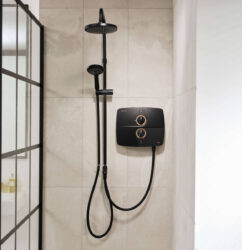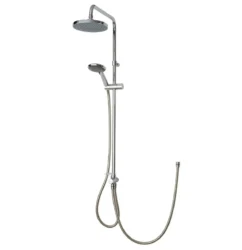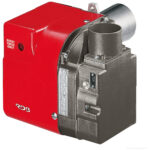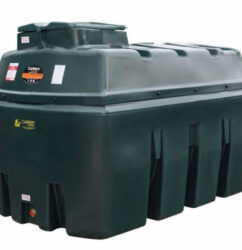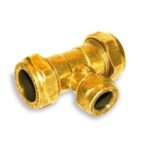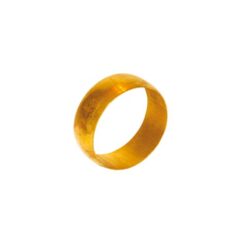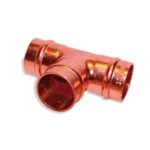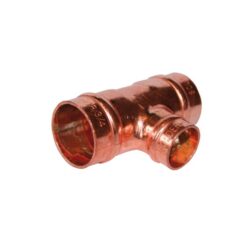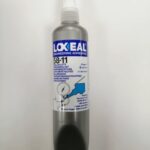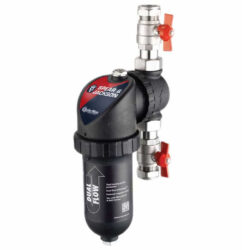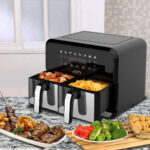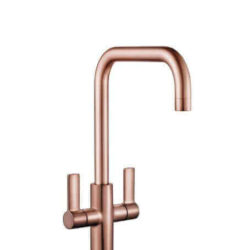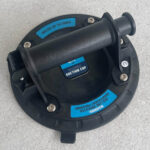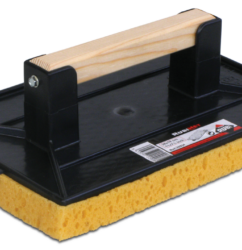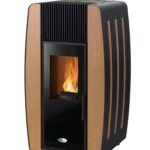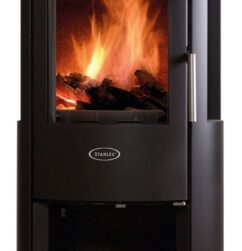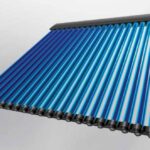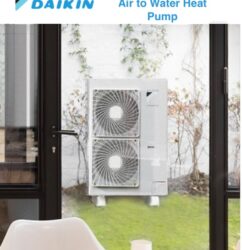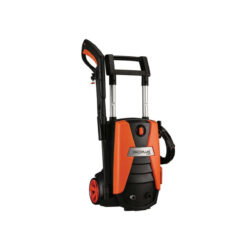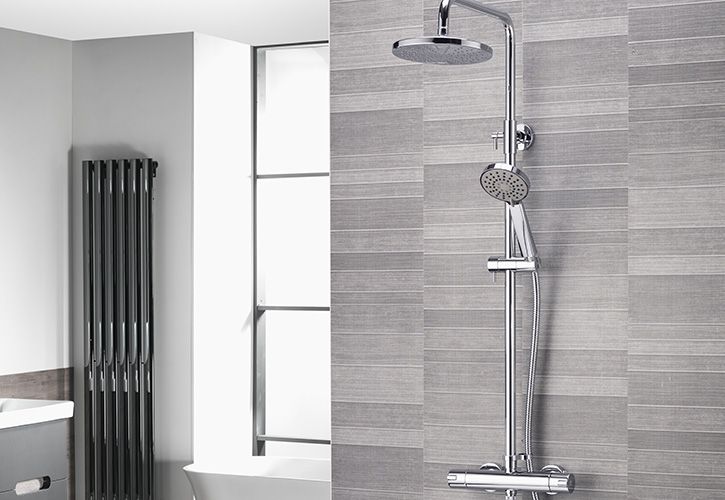Heating water cylinders are an essential component of many homes, providing a reliable and convenient source of hot water for various domestic tasks. Whether you're showering, washing dishes, or doing laundry, a well-maintained water cylinder ensures that you have access to the hot water you need.
In this comprehensive guide, we will explore the types of water cylinders available, installation considerations, maintenance tips, and ways to improve efficiency.
Types of Water Cylinders
Vented Cylinders: Vented cylinders are connected to a cold water tank in the loft, which supplies water to the cylinder by gravity. They are often used in older properties and are relatively simple to install and maintain.
Unvented Cylinders: Unvented cylinders are pressurized and receive their water supply directly from the mains. They offer high water pressure and can be installed in various locations within the home. However, they require professional installation due to safety considerations.
Heat Pump Cylinders: These cylinders are designed to work with heat pumps, which extract heat from the air or ground to heat the water. They are energy-efficient but may have higher upfront costs.
Installation Considerations
Location: Choose a suitable location for your water cylinder. It should be easily accessible for maintenance, preferably insulated to reduce heat loss, and in a location where any potential leaks will not cause damage.
Size: Select a cylinder size that meets the hot water demands of your household. Smaller cylinders are suitable for apartments and small households, while larger cylinders are necessary for homes with multiple bathrooms.
Insulation: Proper insulation is crucial to prevent heat loss. Make sure your cylinder is well-insulated, and consider adding an insulating jacket if needed.
Maintenance Tips
Regular Checks: Periodically inspect your water cylinder for signs of wear, corrosion, or leaks. Early detection can prevent major issues down the line.
Temperature Control: Adjust the thermostat to your desired water temperature. Lowering it slightly can save energy without sacrificing comfort.
Annual Servicing: Arrange for an annual service by a qualified engineer. They will check safety features, valves, and the overall condition of the cylinder.
Pressure Relief Valve: Test the pressure relief valve annually to ensure it's functioning correctly. This valve prevents the cylinder from over-pressurizing.
Scale Control: If you live in an area with hard water, consider installing a scale inhibitor to reduce limescale buildup in the cylinder.
Efficiency Tips
Insulation: As mentioned earlier, proper insulation is key to maintaining water temperature and reducing energy consumption.
Timer and Thermostat: Install a timer and thermostat to control when the cylinder heats water. This allows you to have hot water when you need it and avoid heating it unnecessarily.
Solar Water Heating: Consider integrating solar panels with your water cylinder to preheat the water using renewable energy.
Regular Use: Use hot water regularly to prevent stagnation and maintain water quality.
Upgrade: If you have an older, inefficient cylinder, consider upgrading to a more energy-efficient model.
Conclusion
A well-maintained and properly installed water cylinder is crucial for a consistent and efficient hot water supply in your home. Whether you opt for a vented, unvented, or heat pump cylinder, regular maintenance and efficiency-conscious practices will help you enjoy the benefits of hot water while minimising energy consumption and costs.
If you're unsure about installation or maintenance, consult a qualified professional for guidance and service.


